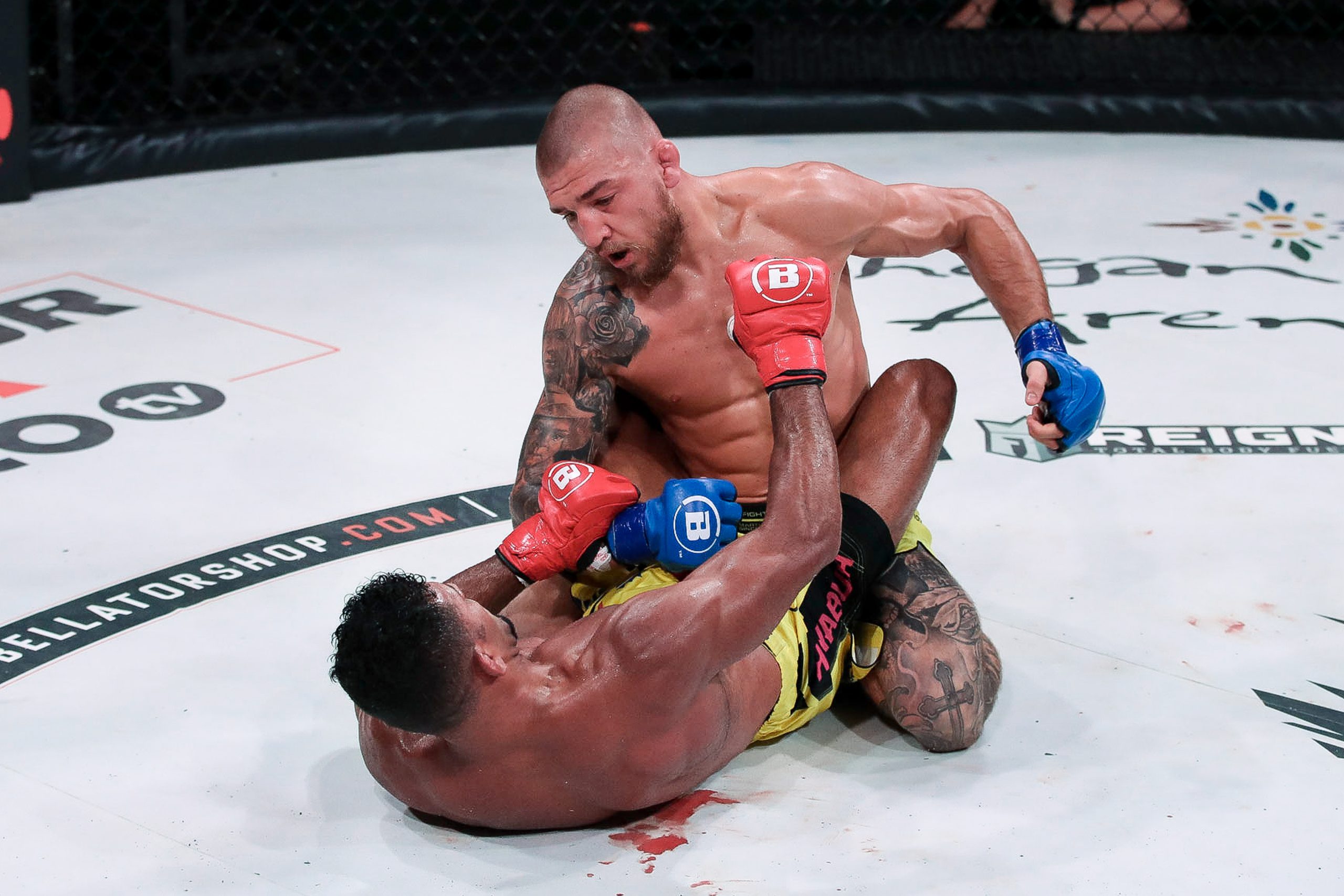When it comes to predicting the outcomes of MMA matches, several factors can play a significant role. By analyzing various aspects of a fighter’s past performance, training and other factors, you can gain valuable insights into their chances of success. This article will explore some key elements to consider when analyzing fights and making predictions in the world of MMA.
The Art of Making Predictions
Predicting the outcome of an MMA match is not an exact science, but it can be approached with a strategic mindset. By considering various factors and analyzing the data available, you can increase your chances of making accurate predictions. This knowledge can be particularly useful if you enjoy placing bets on sports events, especially on MMA matches available at best crypto betting sites or other sports betting sites that often have this and many other sports to bet on every day.
Past Fight Record
One of the most obvious factors to consider when analyzing a fighter’s chances of winning is their past fight record and position in the rankings. By looking at their wins, losses, and draws, you can get a sense of their overall skill level and performance. However, it’s important to dig deeper than just the numbers. Factors such as the quality of their opponents, the weight class they compete in and the circumstances surrounding their previous fights can all impact their current abilities.
Reach Advantage
Another important factor to consider is the reach advantage of each fighter. Reach refers to the distance between a fighter’s outstretched arms and it can play a significant role in determining the outcome of a match. A fighter with a longer reach may have an advantage in striking, as they can land punches and kicks from a greater distance. On the other hand, a fighter with a shorter reach may have an advantage in grappling, as they can close the distance more easily and control their opponent on the ground.
Elite Striker or Skilled Ground Fighter
Understanding the strengths and weaknesses of each fighter is crucial when making predictions. Some fighters excel in striking, while others are skilled in ground fighting and submissions. Analyzing their past performances and fighting styles can give us insights into their preferred techniques and strategies. Additionally, considering how their skills match up against their opponent’s strengths and weaknesses can help us predict how the fight may unfold.
Expert Opinions
Listening to expert opinions can provide valuable insights into the potential outcome of a fight. MMA analysts, trainers and fighters themselves often have unique perspectives and knowledge that can help inform our predictions. However, it’s important to consider multiple opinions and not rely solely on one source. Different experts may have different biases or perspectives, so gathering a range of opinions can help us make a more informed prediction.
Changes in Coaching
A change in coaching can have a significant impact on a fighter’s performance. A new coach may bring fresh strategies, techniques, and training methods that can improve a fighter’s skills and overall performance. Conversely, a fighter who has recently changed coaches may still be adjusting to new training methods and may not perform at their best. Analyzing any recent changes in coaching can provide valuable insights into a fighter’s current abilities and potential for success.
The Intensity and Length of a Fighter’s Training Camp
The intensity and length of a fighter’s training camp can also play a role in their performance. A longer and more intense training camp can lead to improved conditioning, technique and overall preparedness. On the other hand, a fighter who has had a shorter or less intense training camp may not be as well-prepared for the fight. Analyzing the duration and intensity of a fighter’s training camp can give us insights into their physical and mental readiness for the upcoming match.
Motivation to Win
Motivation is a crucial factor in any competitive sport, and MMA is no exception. A fighter who is highly motivated to win may push themselves harder in training, exhibit greater focus and determination, and perform at their best. On the other hand, a fighter who lacks motivation may not put in the necessary effort and may not perform up to their potential. Analyzing a fighter’s motivation to win can provide insights into their mindset and potential for success.
On a Winning Streak vs. Coming from a Loss
Another factor to consider is whether a fighter is currently on a winning streak or coming from a loss. A fighter who is on a winning streak may have increased confidence and momentum, which can positively impact their performance. Conversely, a fighter who is coming from a loss may have doubts and may need to regain their confidence. Analyzing a fighter’s recent performance can give us insights into their current form and potential for success.
Home-Turf Advantage
Finally, the home-turf advantage can play a role in the outcome of a fight. Fighting in front of a home crowd can provide a fighter with increased support, motivation and familiarity with the environment. Additionally, factors such as travel and jet lag can impact a fighter’s performance when competing in a different location. Analyzing whether a fighter is competing on their home turf or in unfamiliar territory can provide insights into their potential for success.
In conclusion, analyzing various factors can help us predict the outcomes of MMA matches. By considering a fighter’s past fight record, reach advantage, fighting style, expert opinions, coaching changes, training camp intensity, motivation, recent performance and home-turf advantage, you can gain valuable insights into their chances of success. While no prediction is foolproof, analyzing these factors can help inform our decisions and enhance our understanding of the sport.

